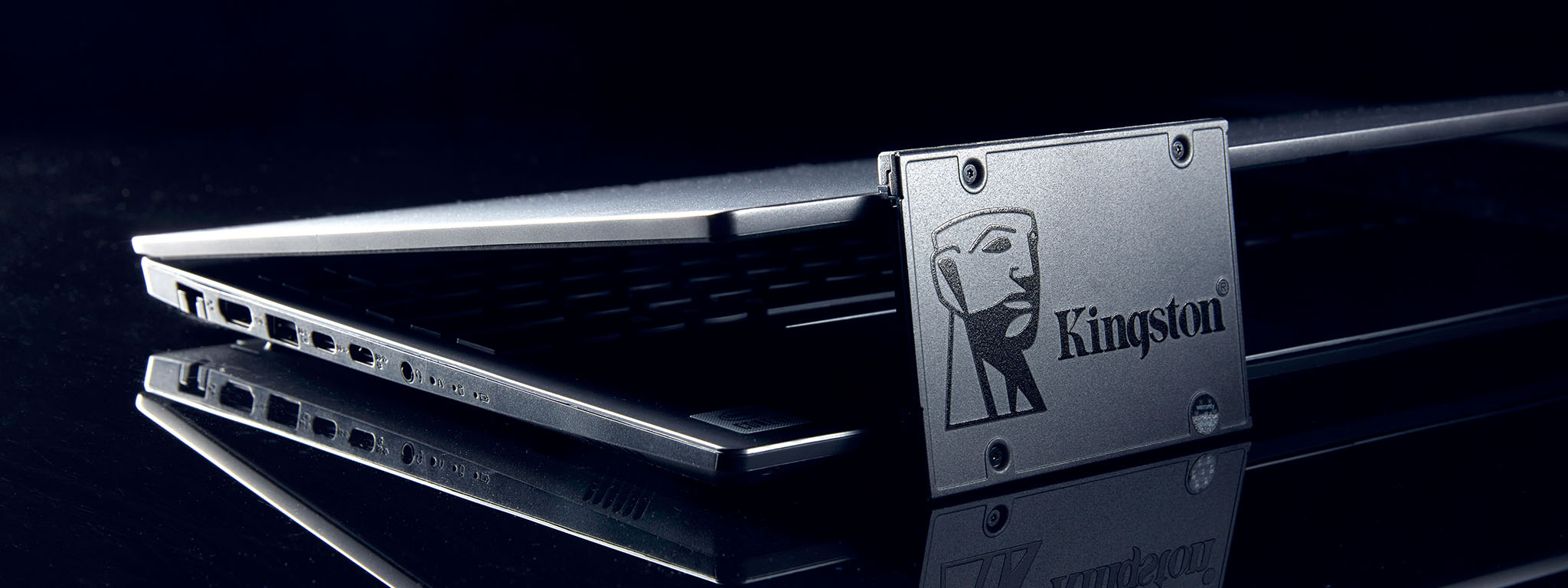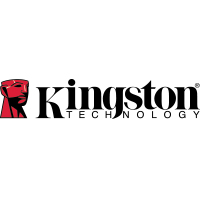Nothing in that image suggests any kind of error or problem. It's all 100% normal.
The memory (RAM) can be tested with this: https://www.memtest.org/
Leave it running for many hours, such as overnight.
What you want is zero errors. Any non-zero amount means the RAM needs to be replaced.
The memory (RAM) can be tested with this: https://www.memtest.org/
Leave it running for many hours, such as overnight.
What you want is zero errors. Any non-zero amount means the RAM needs to be replaced.
Last edited:




